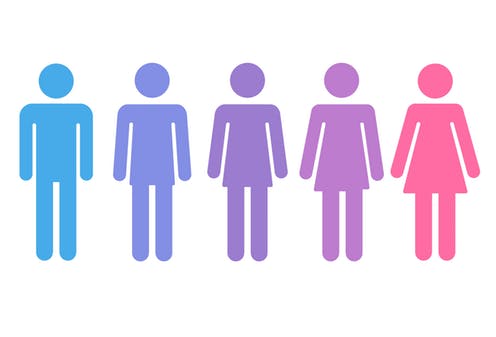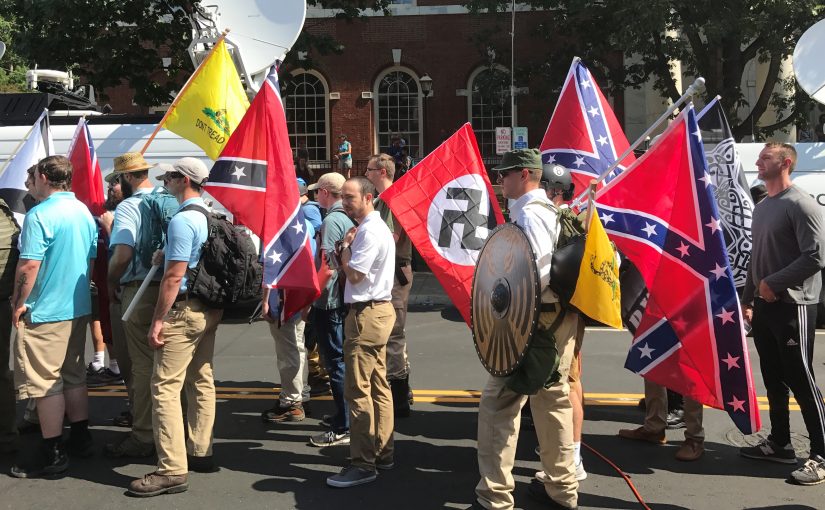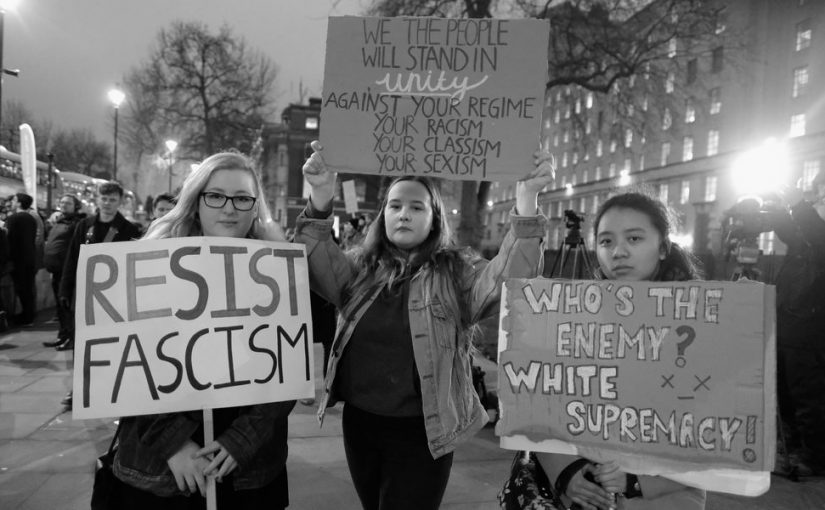We are truly in a unique moment in regards to the debate about sexual violence in our society. This has gotten me thinking a lot about a really tough question that we really need to answer: how do we, as a society, address accusations of rape (or other crimes for that matter) when the police are either unable or unwilling to engage in an investigation or lay criminal charges?
Many institutions – from the Catholic church, to the entertainment industry, to political parties, and many more, have frequently failed in addressing sexual assault, harassment and rape in their ranks. There is history of cover ups and poor investigations, with accusers often facing punishment just for speaking up. This has never been good enough and they need to do more.
But at the same time, I think we need to deal with the complexity of how institutions outside the justice system are able to deal with these events, particularly when we move away from celebrities and politicians and instead talk about how we address these issues in our workplaces and local communities.
We seem to be facing a challenge here in that people are rightfully unsatisfied with the way in which our justice system deals with cases of rape and sexual assault/harassment. Increasingly therefore I see a desire for other institutions to take greater action on these issues. The attention has turned away from the justice system.
On a sideish note, one particular area that has been a focus has been workplaces. This is natural. Workplaces are powerful institutions that can deeply influence these issues. It is also up to employers (and unions) to ensure the safety of the employees. Given these events often happen in the workplace they must play a role.
Yet, at the same time, this raises a range of alarm bells for me. In particular I worry that we are giving far too much power to these institutions, and in particular to bosses. I do not want bosses to become the judge and jury of rape or sexual assault case (or, to be honest, any other criminal manner.)
Back to the main point though, I feel we need to have more of a discussion about how we, as a community, are willing to decide the relative guilt of someone, and the kinds of social punishment we believe are justified for different crimes.
This means we need to start having some difficult, but worthwhile, conversations. Part of this is about being honest that people/communities set a different burden of proof compared to the justice system. And that is okay. But we should have serious conversations about how we judge evidence and the way different media and online reporting can lead to these conclusions.
We also need to have a serious discussion about how we can engage in forms of punishment/rehabilitation in communities. If we have a different burden of proof, we are not doubt going to punish offenders outside the legal system, and that is okay. It happens all the time. But we need to recognise that this is complex and requires complex engagement.
A part of this is also about recognising ambiguity. In a lot of these cases there will never be enough ‘strong evidence’ to prove something happened one way or another (otherwise the justice system would more likely take it up). But that doesn’t mean we don’t try. But we have to acknowledge that that ambiguity will create tension and disagreement and we have to try and find ways to live with that, while at the same time searching for justice.
I certainly don’t have all the answers to this. But I’ll suggest some things.
We need to be serious about investing in ways to reform our justice system. I don’t think more punishment is the solution here (which is why I am very skeptical of coercive control laws). The justice system is the main institution we have to provide a form of societal justice, and I would prefer many of these debates occur through a functioning version rather than through many other institutions that are not equipped for it.
However, we have to recognise that the justice system is not the only place, and we cannot turn to it all the time. In doing so we need do more work to build the capacity of our communities, firstly, and our institutions, secondly, to be able to effectively address these issues.
We should be thinking about it through the lens of rehabilitative justice. Labelling people monsters and shunning from society is a bad outcome. It discourages people from coming forward and taking ownership of their acts, making justice much harder to come by. In turn it leaves offenders isolated, unrehabilitated, often bitter, and in turn more likely to reoffend.
Labelling people as monsters also blurs how we see sexual assault/rape, who experiences it and who perpetrates it. It makes it difficult for people to see that anybody can commit these acts, because people rarely see their dad, or son, or brother, or neighbour as a ‘monster’.
Rehabilitative justice doesn’t mean we don’t provide punishment. Punishment is an essential part of people taking responsibility (and it does require people to take responsibility). But punishment on its own is never enough.
I don’t know where else to go with this at the moment except to say we need to have some serious conversations. While we need to make our justice system better at this, we need to make our communities better at it too. But that is a conversation I fear we are not having at the moment.










